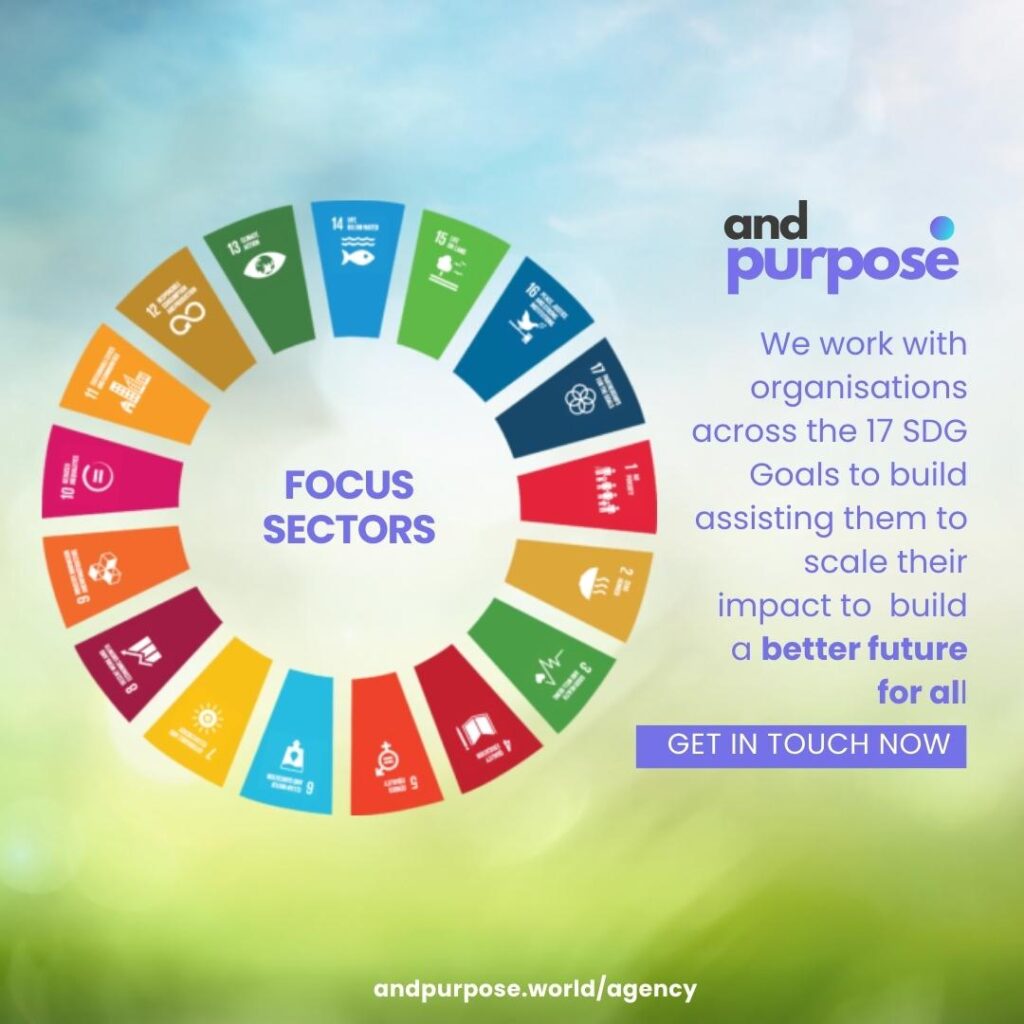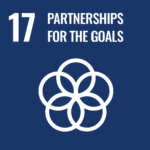
Application Deadline:
18 December 2025
About Organisation
The World Wide Fund for Nature (WWF) has been a global leader in environmental conservation for over six decades, working to safeguard the planet’s natural ecosystems and biodiversity. To strengthen local leadership in conservation, WWF established the Russell E. Train Education for Nature Program (EFN) in 1994. The program honors the legacy of Russell E. Train, WWF’s founder and former president, who believed that empowering local people through education was key to achieving long-term conservation success. Over the past 30 years, EFN has supported emerging leaders from Africa, Asia, and Latin America, enabling them to gain critical academic and practical skills in environmental science, policy, and community conservation. EFN invests in individuals who are committed to tackling local and global environmental challenges by providing scholarships, fellowships, and professional development opportunities. Through its initiatives, EFN aims to build a strong network of conservation professionals who can drive research, influence policy, and lead sustainable resource management in their home countries. The program’s alumni network now includes hundreds of scientists, educators, and environmental advocates working to ensure that conservation efforts are grounded in local expertise and equitable access to knowledge.
About the Grant
The WWF’s Russell E. Train Education for Nature Program (EFN) is offering fellowships to support current and aspiring university faculty pursuing doctoral degrees in natural and social sciences or other conservation-related disciplines. The goal of this fellowship is to enhance local academic capacity and strengthen research expertise at universities in Africa, Asia, Latin America, and the Caribbean. Fellows will contribute to building the next generation of conservation leaders by engaging in teaching, mentoring, and research that promotes sustainable environmental practices and biodiversity conservation. Through this grant, WWF seeks to bridge the gap between academic excellence and practical conservation by equipping scholars with advanced skills and institutional support. Selected fellows may receive up to USD 30,000 per year for a maximum of three years to pursue their PhD studies. Projects should demonstrate innovation, measurable impact, and alignment with WWF’s mission of fostering locally led conservation solutions. Fellows will also have access to the EFN alumni network, providing them with mentorship, global collaboration opportunities, and platforms to exchange scientific knowledge and conservation practices. By empowering local scholars, WWF aims to ensure that conservation education becomes more inclusive, sustainable, and impactful in addressing environmental challenges worldwide.
Who can Apply?
Applicants must be citizens of eligible countries in Africa, Asia, Latin America, or the Caribbean. They should have at least two years of experience in conservation-related academic, research, or professional work. Candidates must be affiliated with or employed at a recognized university in an eligible country and should demonstrate a clear commitment to advancing conservation education and research at the local or regional level. Priority will be given to individuals working with underserved or developing universities. Applicants should be enrolled in or officially admitted to a doctoral program in a conservation-related field such as natural sciences, social sciences, or sustainable development. The fellowship supports those who plan to begin their studies no later than January 2027. Successful candidates are expected to contribute to developing academic curricula, mentoring students, and building long-term research collaborations that strengthen local conservation capacity. Applicants must also submit letters of recommendation, a detailed research proposal, and demonstrate alignment with the program’s objectives of promoting equitable, inclusive, and community-engaged conservation leadership. WWF employees, consultants, and previous EFN grant recipients are required to confirm eligibility with EFN prior to applying. All applicants must submit complete applications by the stated deadline.
How to Apply?
Applicants must complete and submit the official online application form along with all required supporting documents, including academic transcripts, a detailed research proposal, and recommendation letters. Applications may be submitted in English, Spanish, French, or Portuguese. Incomplete or late applications will not be considered. Shortlisted candidates will undergo a competitive selection process, and successful fellows will be informed by June 2026.
Application Deadline
The deadline to submit applications for the WWF Russell E. Train Education for Nature Program (EFN) Faculty Fellowships is December 18, 2025, by 11:59 PM (U.S. Eastern Time).
Last Date To Apply
For more information, please visit the grant website here.








